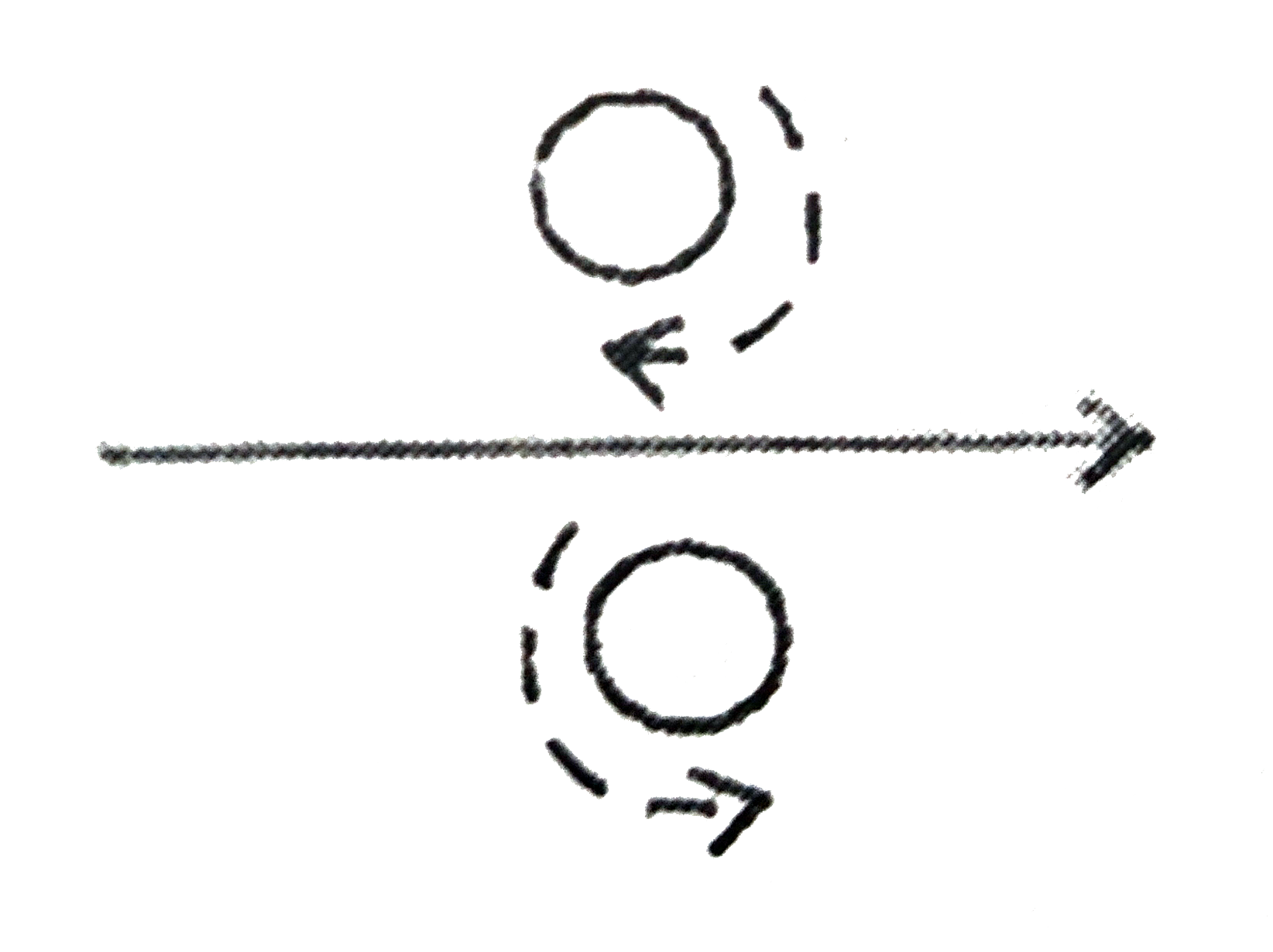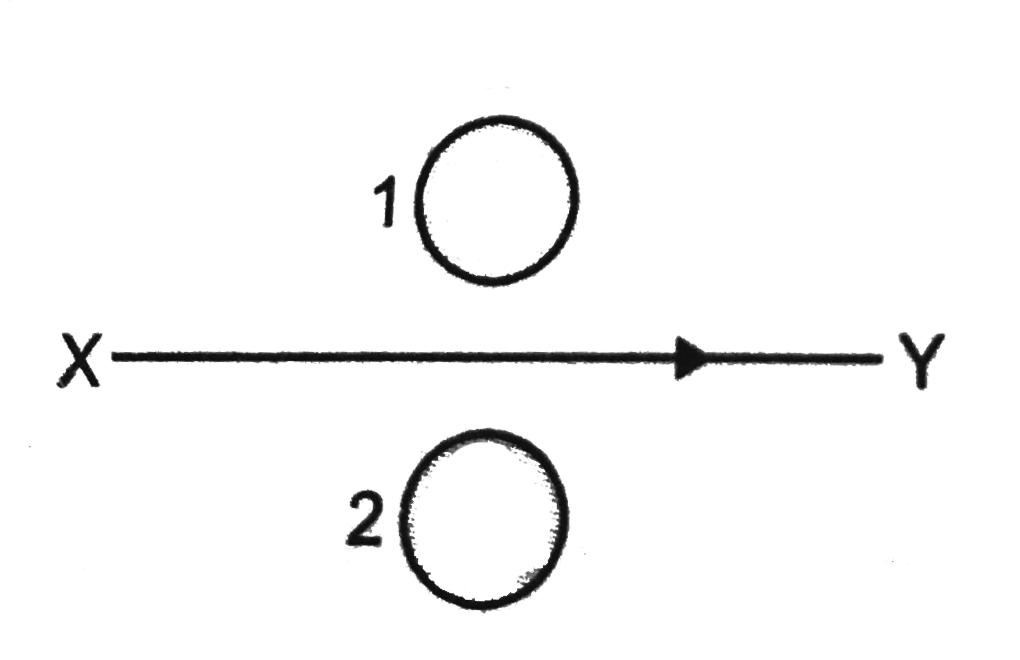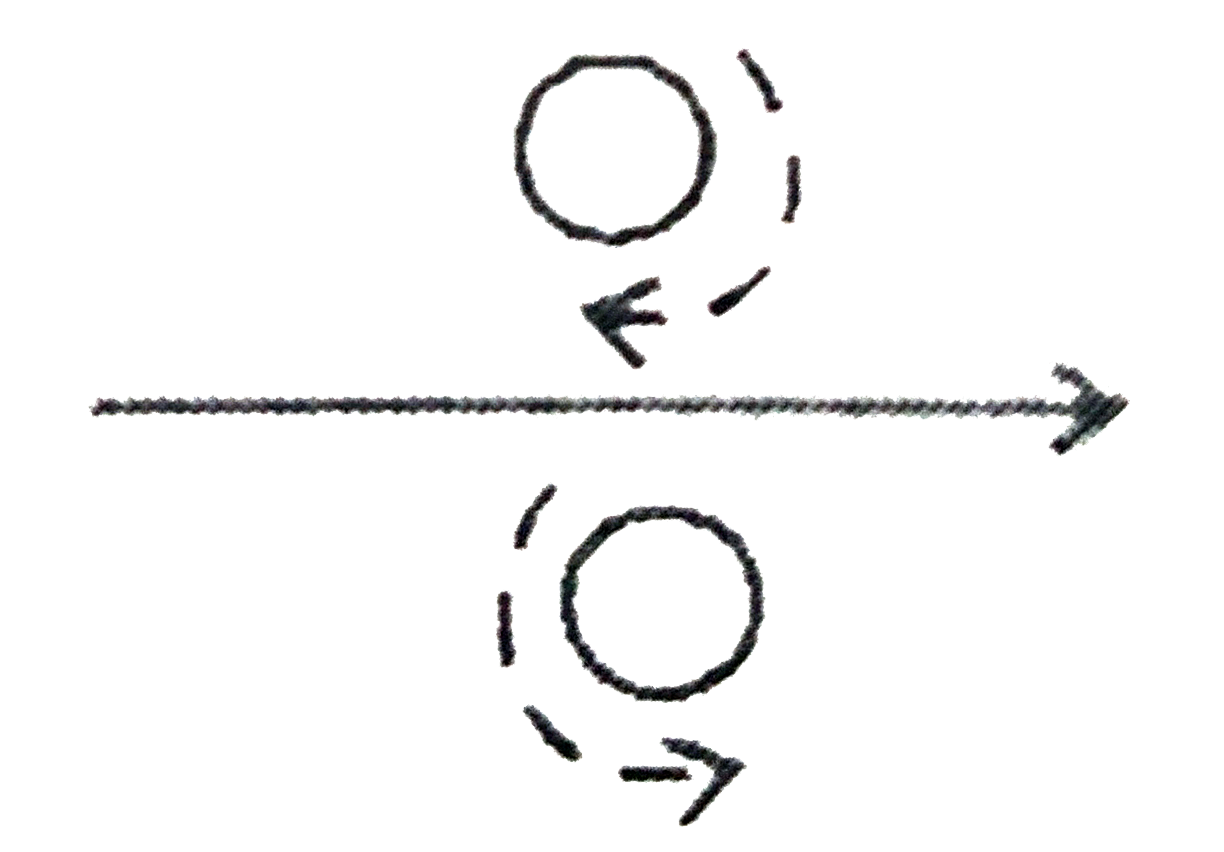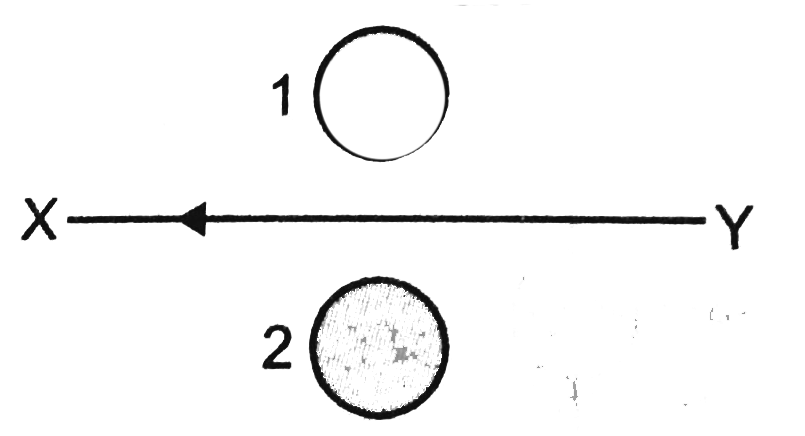What constitutes current in a metal wire ?
Electrons
Protons
Atoms
Molecules
The correct Answer is:A
Step-by-Step Solution:
1. Understanding Current: Current is defined as the flow of electric charge. In a metal wire, this charge is primarily carried by electrons.
2. Identifying Charge Carriers: In metals, the charge carriers are free electrons. Metals have a structure that allows some of their electrons to move freely, which is essential for conducting electricity.
3. Direction of Electron Flow: When a potential difference (voltage) is applied across a metal wire, electrons move from the region of higher potential (negative terminal) to the region of lower potential (positive terminal). This movement of electrons constitutes an electric current.
4. Conclusion: Therefore, the current in a metal wire is due to the movement of electrons from high potential to low potential.
Final Answer: Current in a metal wire is constituted by the movement of electrons.
---
Topper's Solved these Questions
Similar Questions
Knowledge Check
A current carrying metal wire of diameter 2 mm produces a maxiumum magnetic field of magnitude 4×10−3 T. What is the current in the wire ?
A5AB10√2AC15AD20AAssertion : Electrons which constitute the current arc negatively charged.
Reason: Current carrying wire is negatively charged.AIf both assertion and reason are true and reason is the correct explantion of assertion.BIf both assertion and reason are true and reason is not the correct explantion of assertion.CIf assertion is false but reason is true.DIf assertion is true but reason is false.
Predict the directions of induced currents in metal rings 1 and 2 lying in the same plane where current I in the wire is increasing steadily [Fig. 6.11].

View SolutionPredict the directions of induced currents in metal rings 1 and 2 lying in the same plane where current I in the wire is increasing steadily.

View SolutionCurrent I in wire XY is increasing steadily. What will be the direction of induced currents in metal rings 1 and 2 ?

View SolutionWhy do the free electrons in a metal wire, flowing by themselves, not cause any current flow in the wire
View SolutionPredict the direction of induced current in metal rings 1 and 2 when current I in the wire is steadily decreasing .

View SolutionCurrent in wire XY is decreasing steadily. Predict the direction of induced current in metal rings 1 and 2.

View Solution
